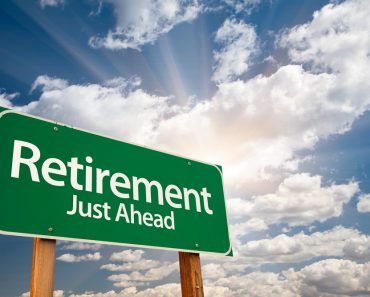
Many people move into a retirement village quite early on in retirement (or even on retirement). These people often report that it was the best thing they ever did – they are comfortable there any many of the things that previously took a long time (garden, maintenance etc) are taken care of for them. Moreover, retirement villages are more secure and easy to ‘lock and leave’, making them very suitable of those who intend to travel a lot or need time for other pursuits.
Retirement villages vary enormously in terms of the facilities available., the quality and amenities of the buildings and the management style. You will have to decide what you want and what you can afford (both in terms of the upfront payment and the ongoing costs).
Some retirement villages have high rise type apartments, others have townhouses and still others have standalone cottages with their own small gardens. Some retirement villages off all of these types of accommodation and have quite sophisticated and attractive common facilities. The brochures promoting these and, indeed, the facilities themselves on inspection can look very appealing.
However, as noted above, moving into a retirement village is a big, committed step. This is because of the financial commitments that you make when you ‘buy’ one. In fact you don’t usually buy a unit in a retirement village – you buy a licence to occupy a unit. The details of these can vary a great deal (although the tenure is usually a licence to occupy, some villages use a lease for life, while a few may be unit title). You should be sure to take legal advice from someone who is experienced in licences to occupy as they relate to retirement villages, and then to make sure you understand the key points.
Even though you don’t have the title to the property, you purchase and live in, you do have the security in the sense that a ‘memorial’ is placed on the title of the retirement village. This registers you interest in the property and means that you can stay there under the terms of the agreement you have.
It’s worth repeating: you may have visited a retirement village, like it and want to live there. However, you must by law get independent legal advice before signing a retirement village agreement, and it is important that this comes from someone that is experienced in these types of agreements. The lawyer should take some time to explain the main terms of the agreement and you shouldn’t sign until you are sure that you want the unit and understand the terms.
When you purchase a ‘licence to occupy’ you will pay roughly the same as what you may have paid outright. The amount the village manager will try to get will ultimately be set by the market, but will in any event be several hundred thousand dollars.
The licence to occupy that you purchase is just as it says – the licence allows you to occupy and live in the unit indefinitely and without fear of being evicted. However an important feature of this is that because you don’t own the unit and because it isn’t transferrable to anyone else, you cannot borrow against it or use it as a form of security. This means that you won’t be able to use it to access capital in the form of a home equity release.
If you are thinking fo a retirement village unit as a form of property play, the message gets even worse: you don’t get any of the capital gain you would have if you owned the property. In fact when you vacate the unit, you get back less than what you paid for it. Most retirement villages agreements stipulate that for each year you occupy the unit there will be a deduction of the amount you paid by round 9%.
There is usually a maximum period for deductions of three years, but even so, that would mean you have lost considerable value. In addition to this you re likely to have to pay for refurbishment costs.
For more information and advice about moving into a retirement village see these questions to ask yourself.
You can also look at the following articles:






